China blasts Australian 'saber wielding' with nuclear submarine deal
A top Chinese diplomat says Australia has become a "saber wielder" rather than a defender of peace as a result of a recent trilateral deal that would allow Canberra to acquire at least eight nuclear-powered submarines with US and British technology.
Wang Xining, China’s acting ambassador to Australia, said in an interview with the British newspaper The Guardian published on Friday that the nuclear submarine deal struck by the AUKUS alliance between Australia, the United Kingdom, and the United States last month jeopardized Australia's "peace-loving reputation.”
Wang said China saw Australia as a peace-loving country "but nowadays people know that a nuclear-powered submarine is designed to launch long-range attack against a target far away.”
"So who are you going to attack? You are no longer a peace lover, a peace defender, you become a saber wielder in certain form," he said of Australia.
Wang underlined that the Australian people should be worried about the impact of AUKUS on the “nation’s branding,” given Australia portrayed itself as a supporter of the international system.
“By trying to acquire a nuclear-powered submarine, it certainly has an impact on the ongoing non-proliferation system. So are you going to be a naughty guy?” he asked during The Guardian interview, with a chuckle at the end.
The Chinese diplomat said he was saddened and disappointed at how the relationship had deteriorated between Beijing and Canberra, blaming “negative policies and actions from Australia against China” that had been implemented in a “ruthless and arbitrary way.”
Wang urged Australian politicians in the interview to "refrain from doing anything that is destructive" to the relationship between the two countries.
The US, Britain, and Australia established in September a security alliance – dubbed the AUKUS – to protect what they called their shared interests in the Indo-Pacific and help Australia acquire American nuclear-powered submarines. The security pact scuttled a previous $40-billion deal between France and Australia that had been signed to supply French-designed conventional diesel-electric submarines to Australia.
Under AUKUS, the three countries have agreed to enhance the development of joint capabilities and technology sharing and foster deeper integration of security and defense-related science, technology, industrial bases, and supply chains.
The partnership agreement has been viewed as an effort to counter China.
Australian Defense Minister Peter Dutton censured the "inflammatory" remarks, describing them as "provocative, sort of comical statements, really that are so silly it's funny."
Australian Prime Minister Scott Morrison announced last month that he had decided to obtain the nuclear-powered vessels as part of the new defense alliance with the United States and Britain.
Canberra has previously defended the trilateral deal, with the prime minister saying he did not regret the decision "to put Australia's national interest first."
Taipei deploys first advanced F-16 fighter squadron
On Thursday, Chinese Taipei held a ceremony to commission the first squadron of its most advanced F-16 fighter, a US-made jet that aims to strengthen the self-ruled island's defenses against what Taipei claims to be threats from China.
Chinese Taipei’s President Tsai Ing-wen oversaw the ceremony at an air base in the southern city of Chiayi alongside Sandra Oudkirk, Washington's de facto ambassador to the country.
"This represents the steadfast promise of the Taiwan-US partnership," Tsai said. "I trust that in holding fast to democratic values, there will definitely be more countries with similar values who will stand with us on this front."
The ceremony prompted a fiery response from Beijing at a press briefing, with Chinese Foreign Ministry spokesman Zhao Lijian saying, "China opposes any official contact between the US and Taiwan.”
Zhao called on the United States not to send "wrong signals to separatist forces," adding that those supporting the island’s independence "have spared no effort to split the motherland and collude with foreign forces."
"Their actions are akin to throwing an egg against a rock," he underlined.
China has sovereignty over Chinese Taipei, and under the "One China" policy, almost all world countries recognize that sovereignty. The US, too, recognizes Chinese sovereignty over the island but has long courted Taipei in an attempt to unnerve Beijing.
Tensions between Chinese Taipei, China and the US have been at their highest in decades.
China has been flying fighter jets close to Chinese Taipei while the US has reportedly had troops deployed in the territory for the past year training their people.
Last month, US President Joe Biden said the United States would come to Taipei's aid if it were to come under attack from China, claiming it had a commitment to defend the self-ruled island.
'Egregious' opening of Taipei office in Lithuania
The Chinese foreign ministry condemned on Friday the opening of a de facto Taiwanese embassy in Lithuania as an "extremely egregious act," saying any move seeking Taipei’s independence was "doomed to fail."
Taipei announced earlier on Thursday that it had formally opened an office in Lithuania, using the name Taiwan.
"There is but one China in the world, Taiwan is an inalienable part of China's territory," the Chinese foreign ministry said in a statement. "We demand that the Lithuanian side immediately correct its wrong decision."
"The Lithuanian government, in disregard of the Chinese side's strong objection and repeated dissuasion, has approved the establishment of the so-called 'Taiwanese Representative Office in Lithuania,'" the statement added.
"The Chinese government expresses strong protest over and firm objection to this extremely egregious act. The Lithuanian side shall be responsible for all the ensuing consequences."
The ministry spokesman Zhao also warned Lithuania on Friday that China would take "all necessary measures" to safeguard its national sovereignty.
"Lithuania only has itself to blame, it will have to pay for what it did," Zhao told a daily press briefing.
Back in August, China called on Lithuania to withdraw its ambassador from Beijing and said it would recall its own envoy to the Lithuanian capital in protest at the Baltic state’s decision to allow the Chinese Taipei to open a de facto embassy in Vilnius.
Taipei had earlier announced that its office in Vilnius would be called the Taiwanese Representative Office in Lithuania, an announcement that infuriated Beijing. Other offices of the Chinese Taipei in Europe and the United States, however, use the name of the city, Taipei, avoiding a reference to the island itself.
Venezuela's government declares unwavering unity behind Maduro
VIDEO | Global outcry over Venezuela president abduction
Iran keeps wheat import subsidies despite cutting other food supports
Venezuelan military stands with acting president after US kidnapping of Maduro
VIDEO | Press TV's news headlines
VIDEO | Protesters in Toronto slam US kidnapping of Venezuelan president
Israeli troops detain, intimidate Palestinian toddler in West Bank
Iran says its investments in Venezuela face no major risk


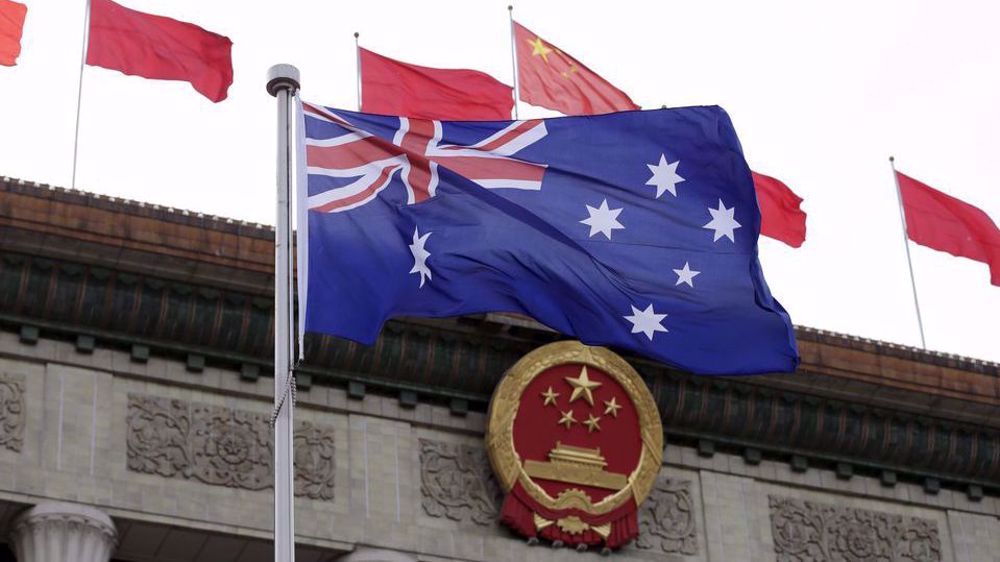
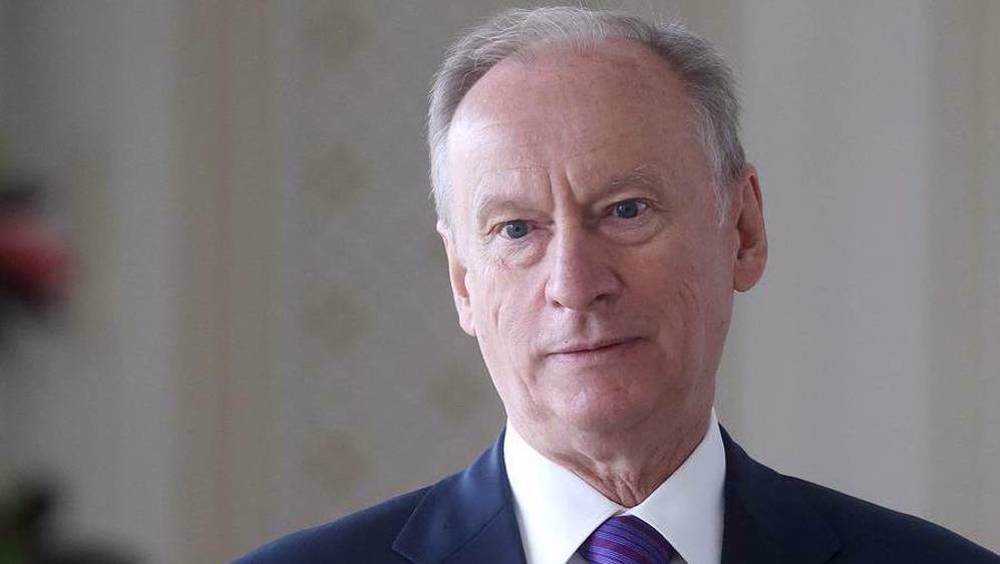
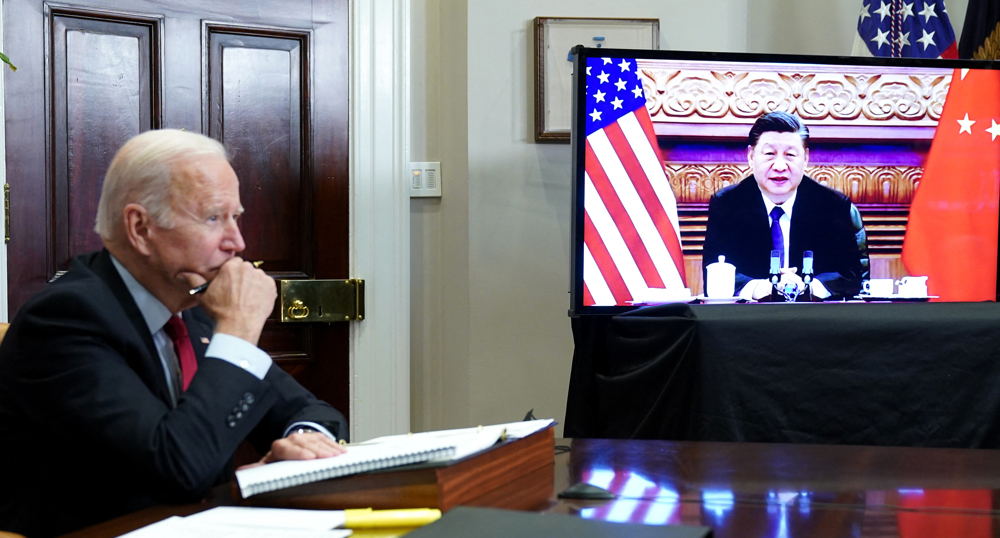
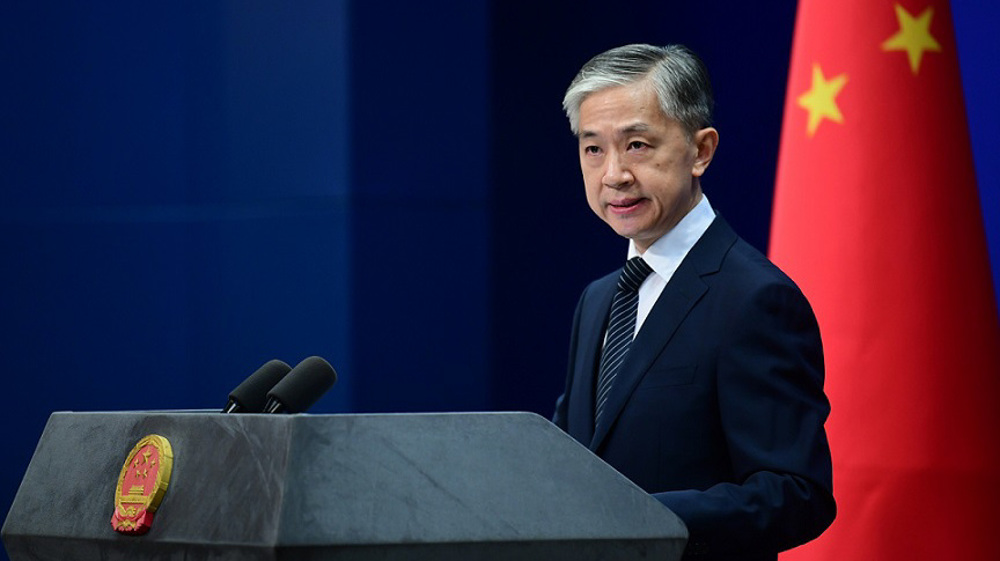

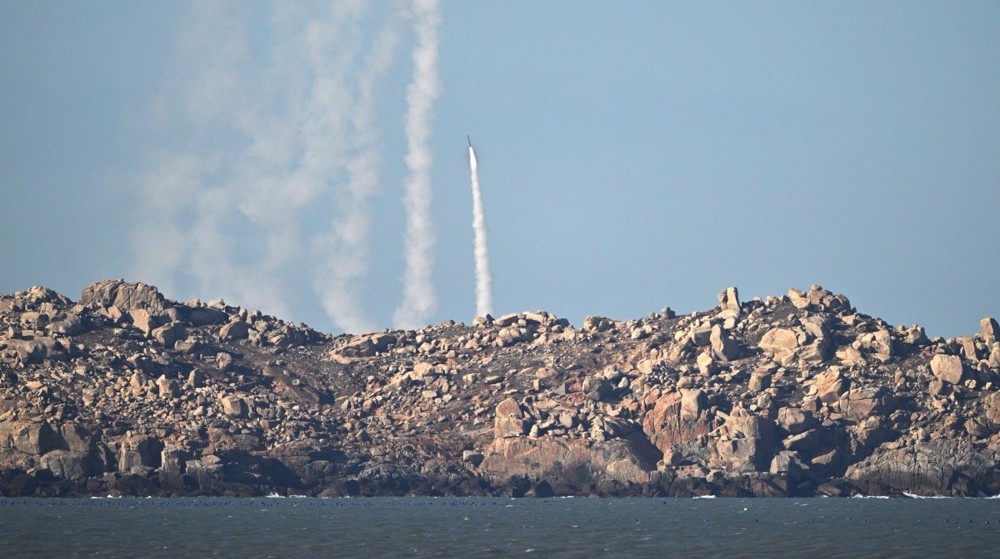
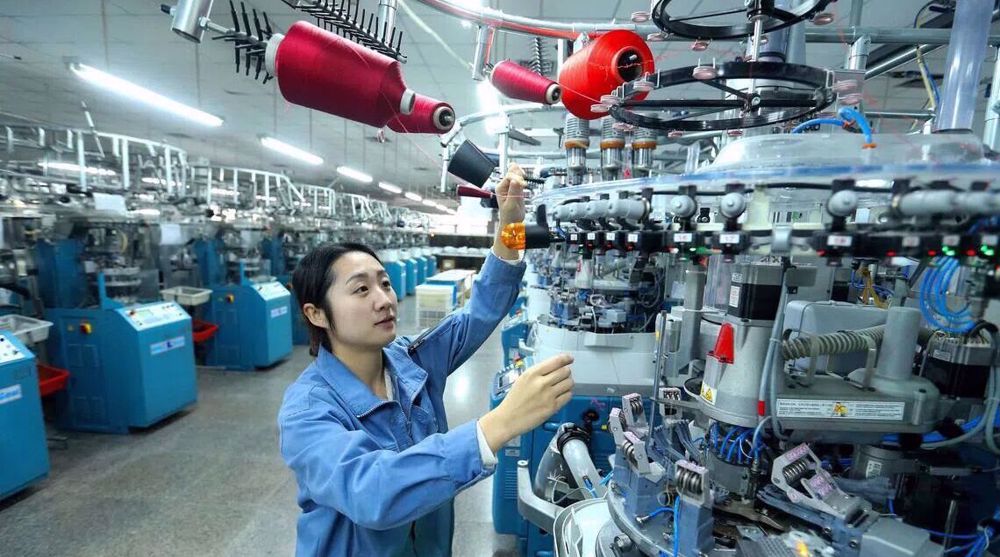




 This makes it easy to access the Press TV website
This makes it easy to access the Press TV website